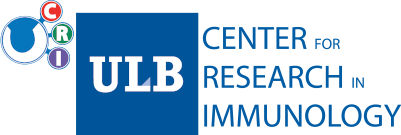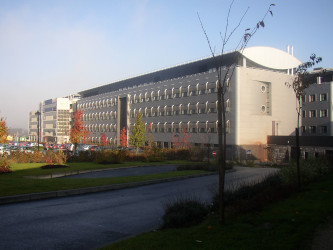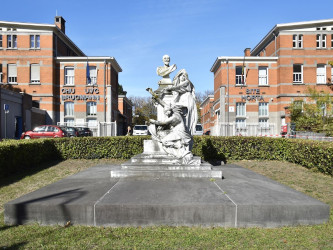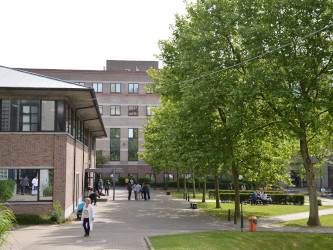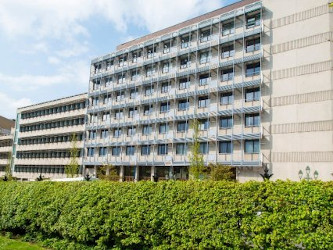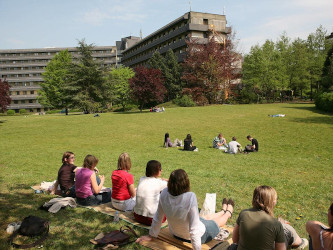About the ULB Center for Research in Immunology (U-CRI)
Given the major recent progresses in immunology, the teams involved in the field at the ULB have created a dedicated research institute. This institute brings together researchers from the Faculties of Sciences, Medicine and Pharmacy. Its aim is to promote fundamental and translational immunology. The teams, led by more than 25 principal investigators, are active on the BIOPARK campus (Gosselies) and the HEALTH POLE (Erasme campus, Institut Jules Bordet and Brugmann campus).Research Axis:
Molecular Immunology : With a particular emphasis on innate immune cells and T lymphocytes, these projects involve state-of-the art approaches in molecular biology, flow cytometry and imaging to study transcriptional, post-transcriptional and epigenetic processes.
Pre-clinical Immunology : It involves the development of mouse models for human pathologies or therapeutic interventions. Several projects rely on implantable/genetic tumor models, infections and vaccination protocols or chronic inflammation. The animal facilities from the BIOPARK campus include a specific pathogen-free structure and several units dedicated to experimentation and infectious pathogens.
Human and translational Immunology : Research teams involved in human immunology are mainly located in the HEALTH POLE. It involves projects in vaccinology, infectious diseases, hematology and cancerology that rely on strong collaborative networks with clinicians.
Latest news
New publication in Gut microbes on the dynamic connection between the maternal microbiome and the offspring immunity
Solange Dejolier présentera ses travaux de thèse en cours lors de la première édition d'automne d'Immuno-Connect, organisée à l'Institut GIGA de l'Université de Liège le 24 octobre, de 16h à 21h.
The public defence in order to obtain the PhD in Sciences degree of JELENA GABRILO
will be held on
WEDNESDAY, OCTOBER 2ND, AT 3:00 PM AT:
The Brachet Seminar Room, Gosselies Campus
12, Rue des Professeurs Jeneer et Brachet, 6041 Gosselies
as well as online via Teams: QR code (click on the title above)
YBIS 1st annual Meeting (Young Immunological Society)
New publication in Science Translational Medicine on the imprinting of monocytes by vaccine adjuvants
Guillem Sanchez Sanchez is selected as a finalist for the F.R.S.-FNRS best PhD thesis prize in Biomedical and Pharmaceutical Sciences
New publication in Nature Communications: Invariant γδTCR natural killer-like effector T cells in the naked mole-rat
EDT-Immunology PhD day "Immunology Research: From Disease to Therapeutic Solutions": May 23, 2024
It's our pleasure to invite you to attend the EDT-Immunology PhD day "Immunology Research: From Disease to Therapeutic Solutions". The conference will take place on May 23, 2024 in the beautiful building of La Grand Poste in the city center of Liege (Belgium).
The registration and abstract submission are now open via this link
Abstract submission is open until April 28th and registration until May 10th.
Registration is free but mandatory for all Belgian university-affiliated members ! The event is open to all (PIs, post-docs, PhD, master students, technicians, etc) and will...
Princess Lilian Foundation – Visiting professorships 2024 - DAVID LYDEN: "The premetastatic niche"
This year, the Foundation will welcome and honour Professor David Lyden from Weill Cornell Medical College (WCM, USA). Professor of Pediatrics and Director of the Cellular Oncology Programme at WCM, he is internationally renowned for his pioneering research on the pre-metastatic niche and biology of exosome in the metastatic process.
Opening ceremony in the...
